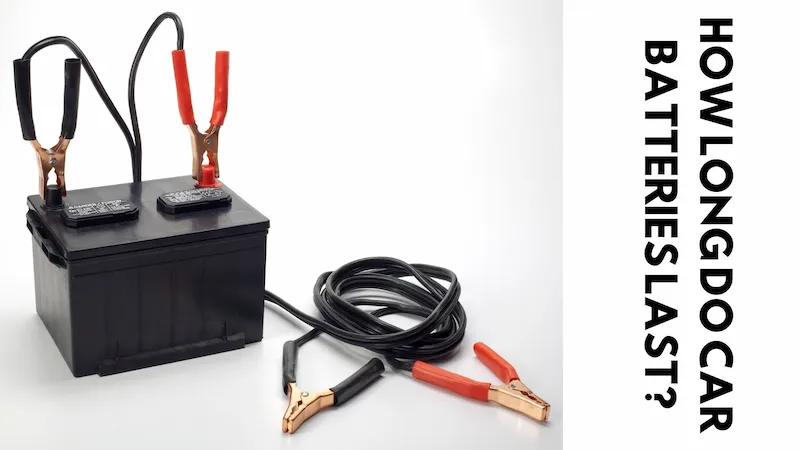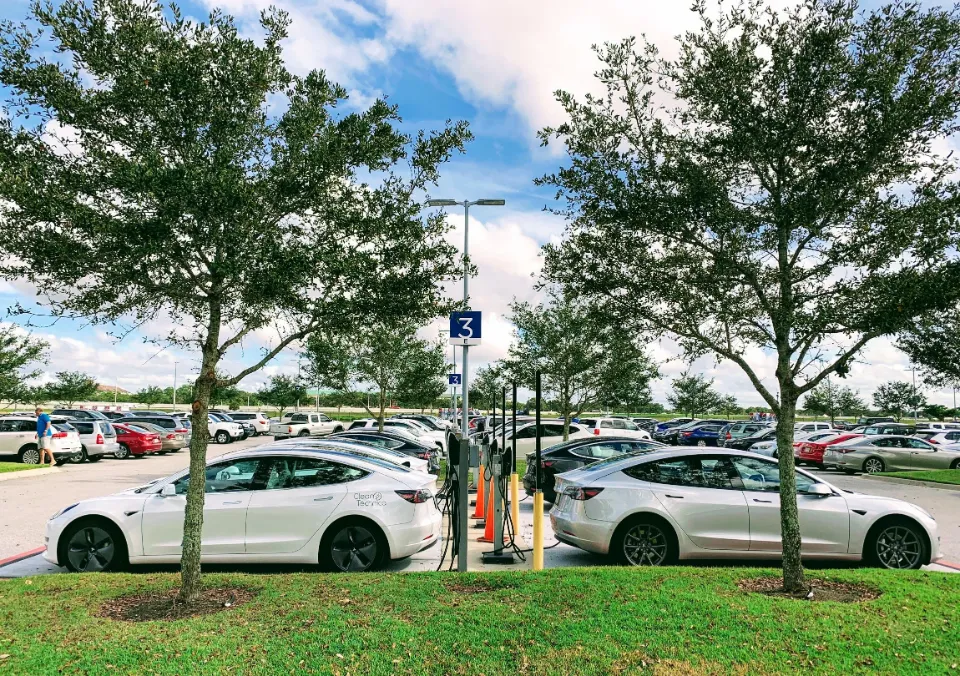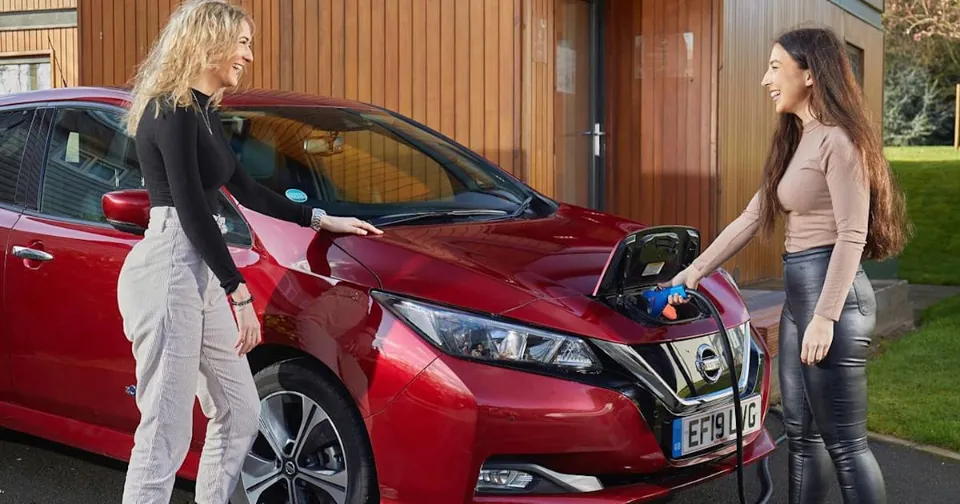It’s crucial to know how long do car batteries last, regardless of whether you’ve bought a new battery or are still using the original one.
There is no simple answer. The typical lifespan of a car battery is between three and five years. But based on decades of industry experience, we know that time, heat, and vibration are the three main elements that affect a car battery’s lifespan.
Learn more about your battery’s lifespan today, as well as warning signs that it’s time to replace it.
How Long Do Car Batteries Last?
It wasn’t that long ago that car battery makers marketed their products as 48-, 60-, 72- or 84-month batteries as a universal indicator of the expected durability. They’ve moved away from that in more recent times because it was never a reliable indicator of how long a battery would last. There are far too many environmental and usage factors at work. The life of a car battery is affected by far too many post-purchase factors to be generalized.
You’ll still see those phrases, but with the word “warranty” afterward, not “battery.” That’s really how it has always been.
The quality and corresponding life expectancy of batteries vary to some extent. Still, instead of attaching a misleading number to the product, most manufacturers have settled on something along the lines of a “good, better, best” marketing strategy and aligned their warranties accordingly.
A conventional car battery typically has a lifespan of about three years and 36 months, regardless of the warranty. At that point, a measurable decline in performance can be noticed, despite the fact that many batteries have much longer life spans. Sadly, very few car batteries last for five years, much less six or seven; those that do operate at a significantly decreased capacity. However, you will receive some money toward a new battery on a prorated basis if you pay for a 60-month battery and it fails in routine use before that.
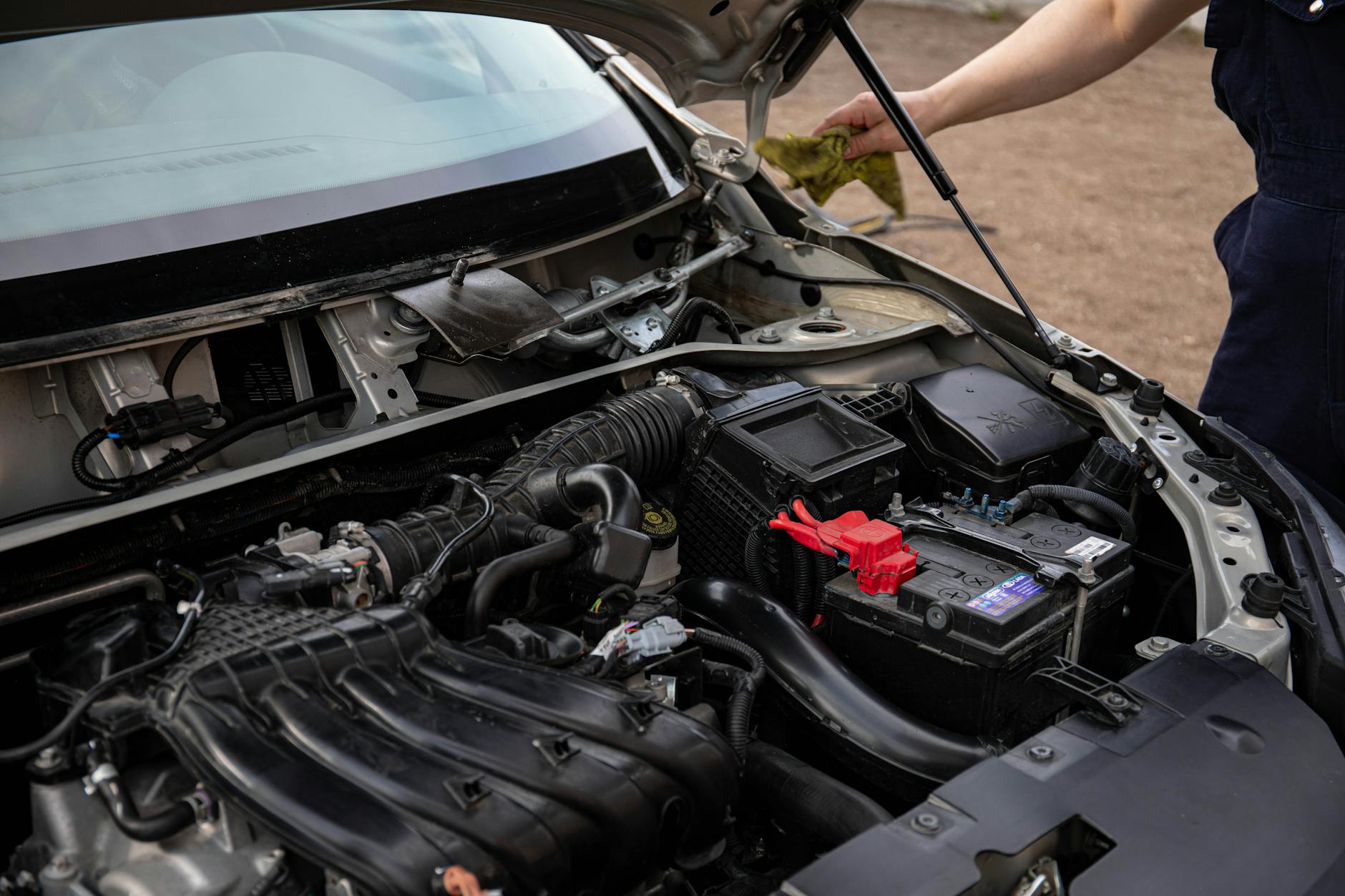
Read about How Long Does It Take to Charge An Electric Car?
Types of Car Batteries
Although there are many different types of automotive batteries available, the majority of batteries used to start internal combustion engines and supply electricity to the electrical system generally fall into one of two categories: a traditional wet cell or flooded battery that may need routine maintenance, or a sealed, low maintenance model known as a Valve Regulated Lead Acid (VRLA) battery.
Furthermore, the two main types have numerous sub-variations. The two most well-known types are the Enhanced Flooded Battery (EFB) and the Absorbent Glass Mat Battery (AGM). The specifications for both types are strong, and their longevity is increased. Battery packs used in electric vehicles (EVs) and hybrid cars, which are not covered here, are much bigger and more complex.
Car Batteries Have a Finite Lifespan
Batteries gradually lose their capacity until they are no longer able to start an engine. The amount of use a vehicle receives during this wear time, which could last three to five years, is one factor that affects how quickly a battery ages. Batteries in automobiles that are mostly used for short trips may not fully recharge, and batteries in automobiles that are left parked for an extended period of time naturally discharge. In either situation, using a maintenance charger like AAA’s Battery Tender will keep the car battery fully charged and increase its lifespan.
Why Don’t Car Batteries Last Longer?
In its most basic form, a traditional wet cell or flooded car battery is made up of lead and other metallic plates in a solution of two thirds water and one third sulfuric acid. The mixture is used to store electricity, but over time, the caustic mixture tends to eat itself, weakening the battery.
Heat is another major enemy of battery life, in addition to time. Expect even lower-than-average car battery life if you reside in a hotter-than-average climate, such as a desert city where triple-digit temperatures are the norm for many months of the year. The solution within your battery is evaporating as a result of that heat. Additionally, under heavy use, the interior temperatures in more temperate climates can reach extreme levels.
Vibration is another internal enemy of your battery. The battery case’s internal plates—the ones that are submerged in acid—begin to degrade more quickly as a result.
A car battery’s lifespan can be shortened by any undiagnosed problems with the charging system, including a bad alternator, worn-out, incorrectly adjusted, or broken belts or regulator, as well as electrical faults.
And then there are the “oops” moments. For example, even though many modern vehicles have built-in safeguards, it’s still possible to leave the headlights or interior lights on in a parked car, causing the battery to go dead. Most often, a jump start will get the car moving again, but repeated full discharges of this type shorten the battery’s life.
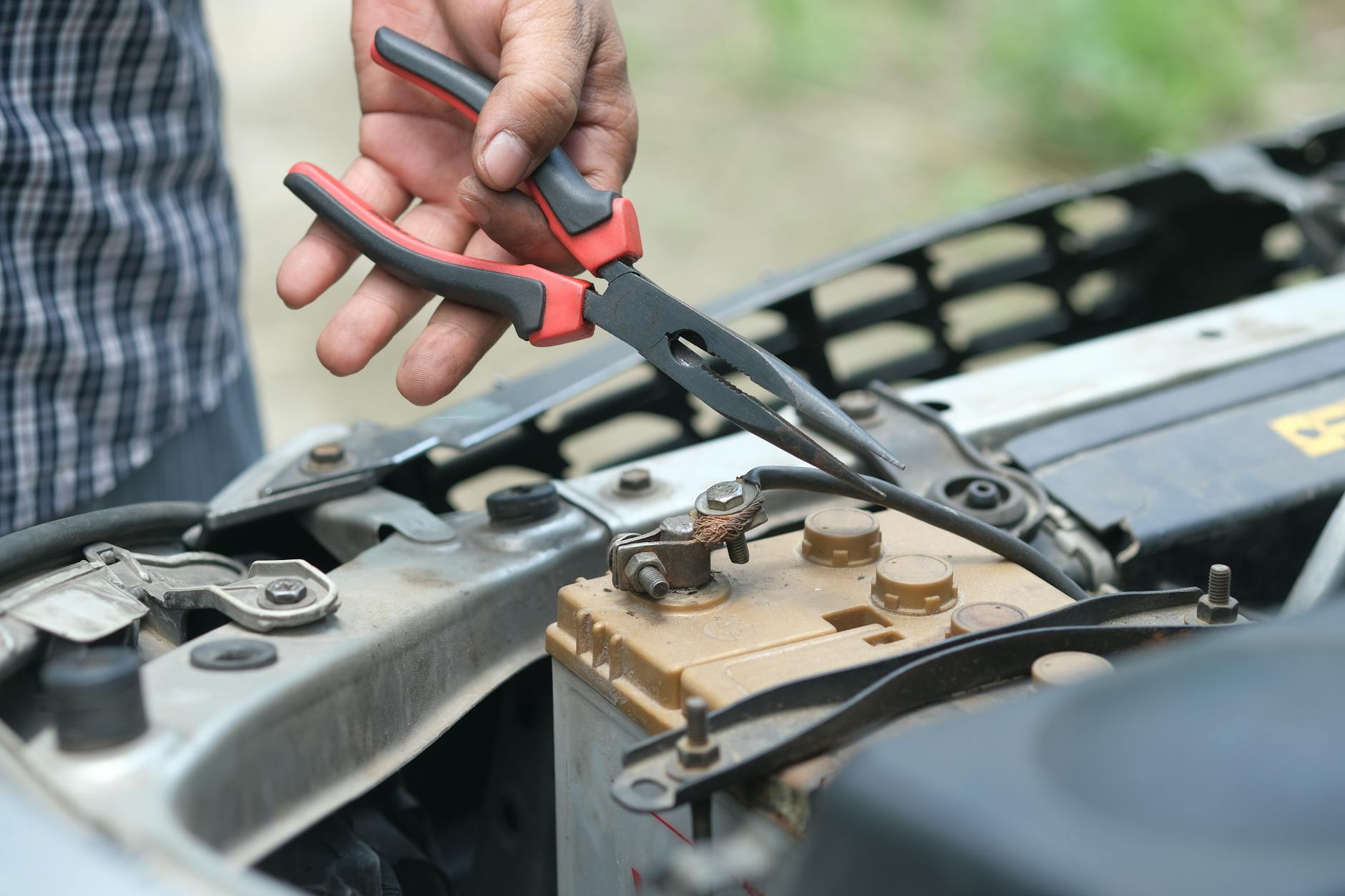
Things That Shorten Battery Life
Your driving style and where you live are the two main determinants of how long your battery lasts.
Inactivity can significantly shorten the life of your battery. Your battery will lose power if you don’t drive frequently or only use the car for short distances. Try taking the scenic route or planning a road trip to help the battery last longer if you only use the car for a quick 15-minute commute.
You should also be aware of leaving the power on when the ignition is off when driving. The battery will quickly die if the key is left in the ignition or if an interior light is left on overnight.
The other element to consider is the climate where you live. Your battery will be depleted more quickly if you drive in a hot climate all year than if you do in one with colder temperatures.
Signs That Your Battery is Low
Many drivers wait until their car won’t start before realizing their battery is low. Fortunately, there are a few indicators that your battery needs to be changed.
Your car starting more slowly is one indication. The engine will crank for a longer period of time and the ignition won’t turn on as quickly as it once did, which indicates that the battery’s charge has deteriorated.
Along the same lines, you may also notice that your interior lights aren’t as bright as they used to be. When the battery is low or the battery fluid is low, a dashboard light that resembles your battery may turn on in some vehicles.
Damage is another indicator to watch out for. If your battery is cracked or has started corroding, you’ll be able to see it just by looking at it. It emits a strong sulfur smell, so occasionally you’ll even be able to smell it.
How to Prevent Battery Failure?
You can determine when to replace a car battery by performing regular tests and monitoring its lifespan. As your battery nears the end of its life, it’s time to consider the best battery replacement and budget for a replacement. To maximize your battery life in the interim, there are a few things you can do.
- long intervals between starts Use a maintainer:Your battery won’t slowly discharge because a battery maintainer maintains an on-demand low-amperage charge on it. Keep in mind that a battery can only last so long before it dies from slow discharge and recharge. Learn more about different types of battery chargers here.
- Get the corrosion off:Keep the posts and clamps clean and check the battery terminals for corrosion on a regular basis. Batteries with corrosion-resistant washers and dielectric grease will help prevent corrosion.
- Don’t power accessories for long periods:Once more, the battery in your car is only used for ignition, not for anything else. Consider either an auxiliary battery or a deep cycle-starting combination battery that is better suited for discharge and recharge if you are someone who cranks up the stereo in the truck out at the campsite to listen to the football game on the weekend.
- Don’t remove heat/protective blankets:Many cars have shields or blankets that surround the battery to protect it from heat. These gadgets eventually degrade or are taken out and thrown away. Keep them handy—they’re made to shield the battery from the hot components under the hood.
- Test your battery frequently:It’s not a good thing to discover your battery is dead in the middle of the night in a frozen, deserted parking lot. It’s much less stressful to learn that your battery needs to be replaced while having it tested in an AutoZone parking lot.
Read about
Average Battery Lifetime and Charge
Inexplicable and misunderstood is the life of a battery. Many batteries do not give warning signs of impending failure, though some do. While we’d all like to have plenty of warnings before a battery fails, it’s better to first avoid some of the major problems that lead to them and then act quickly when they do.
While it’s important to keep in mind that batteries do not last forever, there are some factors that can shorten their lifespan, sometimes dramatically. You will eventually need to replace your battery whether you drive your car every day or keep it in storage all year. The typical lifespan of a car battery is between three and five years. Even in ideal driving circumstances, pushing a battery past the five-year mark may result in an unexpected failure. For this reason, a five-year replacement cycle is advised by many manufacturers.
Consider having your battery tested when it is three or more years old.

